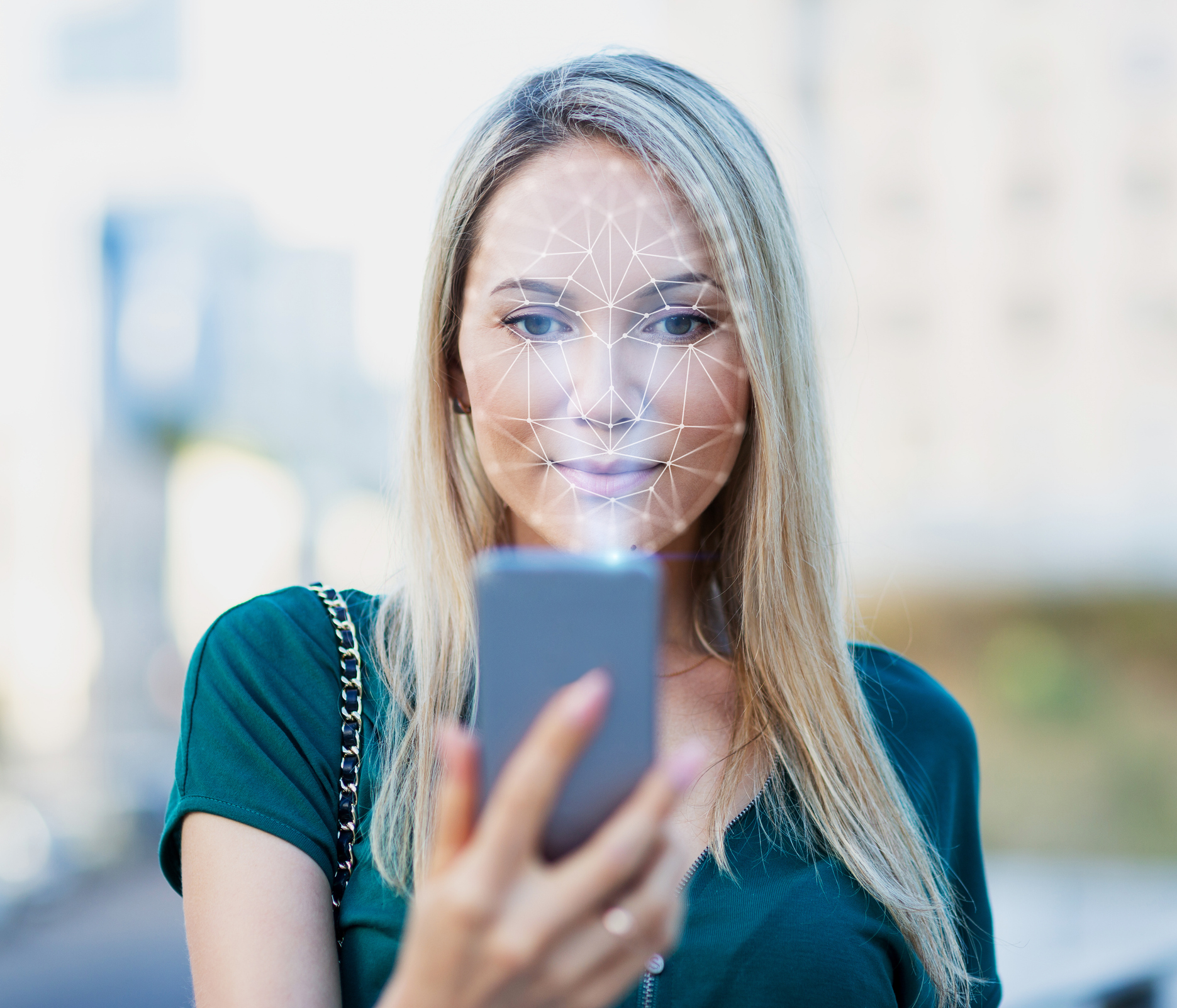
What is AI?
Artificial Intelligence (AI) is a machine’s ability to perform the high-level functions that we typically associate with human minds – that includes visual perception, speech recognition, problem solving, interacting with surroundings, and creative thought. AI is made up of two branches, machine learning and deep learning. These enable machines to employ algorithms that analyze massive amounts of data, and then learn and adapt independently. In today’s digital world, industries across the board – from robotics and autonomous vehicles to marketing and language learning – are using AI to solve complex, real-world problems, including marketing.
The Basics: Understanding Artificial Intelligence
AI can be broken down into four main categories or subcategories. Understanding the role played by each – and how it impacts AI as a whole – is essential to harnessing the power of big data and applying it to your marketing campaigns.
Machine Learning
In short, machine learning is the science of getting computers to act in a specific way without first being programmed to do so. This automated way of programming works with systems that can learn from data, identify patterns, and make decisions with limited human invention.
Deep Learning
Deep learning is a subfield of Machine Learning that uses neural networks to analyze massive amounts of data to complete simple tasks like object detection, speech recognition, language translation, etc.
Neural Networks
Neural networks are a set of algorithms that are modeled after the human brain and designed to recognize patterns in data. These algorithms cluster and classify data, images, sound, and text. For example, neural networks can be trained to detect faces and recognize facial expressions or classify email text as spam.
Natural Language Processing
Natural Language Processing (NLP) enables computers to understand and process human languages. While NLP can teach computers a humanized approach to speech and language, computers do not yet have the ability to understand the nuances of languages, including body language, facial expressions, tone of voice, and intonation.
How to Use AI in Marketing
AI is a must-have for businesses wanting to compete in the digital age. The explosion of data and rapid changes in technological developments are outpacing what humans have the ability to review, process, and analyze. Coupled with this increase in data is consumers’ demand to be targeted with hyper-individualized messaging, and to get answers immediately and on the go. AI is capable of meeting this need by harnessing and initiating data-driven interactions with consumers. Data analysis and hyper-personalized customer profiles are two examples of how AI can be leveraged for marketing effectiveness.
Data Analysis
Marketers can meet customer demand for hyper-personalized interactions by utilizing the massive amounts of data compiled from digital marketing. The data and insights are there, but it would take humans thousands of hours to analyze the dozens of channels, SEO, customer interactions, and ROI. AI is able to do the same job in a fraction of the time. By tasking AI with the burden of data analysis, marketers are able to make better-informed decisions about their audience, channels, content, and strategic timing. The focus shifts from just collecting data to creating a compelling, connected, and effective customer experience.
Hyper-Personalization for the Modern Customer Experience
Brands are expected to add a specific benefit to the consumer, reaching them at the right place and time. AI not only meets those expectations, it also predicts upcoming shifts in consumer interest and demand to proactively adapt.
AI is also capable of rich segment analysis, pinpointing multiple layers of the ideal customer personas. Once these personas are identified, AI can adapt to consumer behavior and preferences, improving its efficiency by monitoring the entire customer experience, including impressions, CTRs, conversation rates, and actions.
AI is already producing highly effective and measurable results for marketers.
G5 is Using AI to Market for You
Marketing technologies are now fully equipped with AI to leverage overall productivity, predict how a customer will interact with a brand, and deliver hyper-personalized customer experiences. G5 has been on the forefront of real estate marketing technology since it was founded in 2005.
Subscribe to our newsletter for the latest information on innovations in AI-driven marketing technology.
Get News, Articles & Updates in Your Inbox
Thank You for Your Interest
We will be in contact soon and look forward to learning more about you and your company. Based on your marketing challenges, we’ll discuss increasing visibility into your analytics and how to generate more and better leads so you can achieve your marketing goals.
In the meantime, we invite you to check out our checklist on website accessibility. Use this checklist to start assessing the baseline accessibility of your website.
Enjoy! We’ll be in touch very soon.
